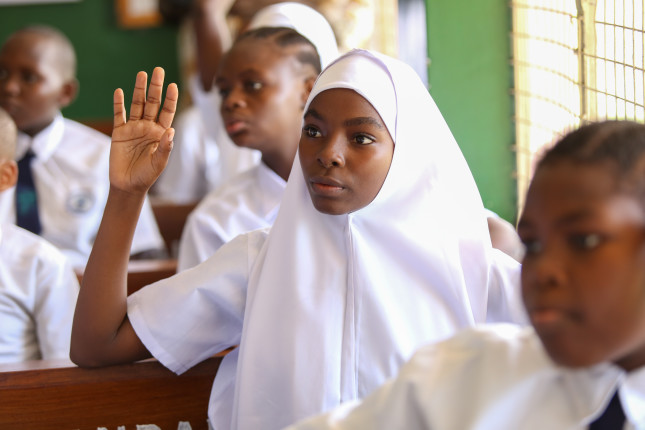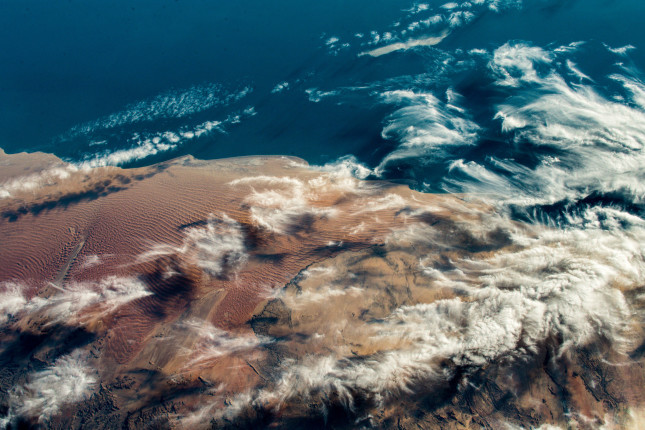
Benjamin Dills
Benjamin Dills is a former program assistant with the Wilson Center’s Environmental Change and Security Program, managing many of the program’s events and social media. Now he serves as a contract digital editor, continuing to manage the program's social media and also publishing content on New Security Beat.
Prior to joining the Wilson Center, he worked in human resources at NPR and served as the director of teacher support for the Global Language Network. Before pursuing his master’s degree, he taught English in Beijing.
Benjamin holds a MA in Security Policy Studies from George Washington University’s Elliott School of International Affairs where he focused on environmental security and the relationship between natural resources, conflict, and stability.
-
Intense 2019 Amazon Fire Season May Become Dangerous Template for 2020
›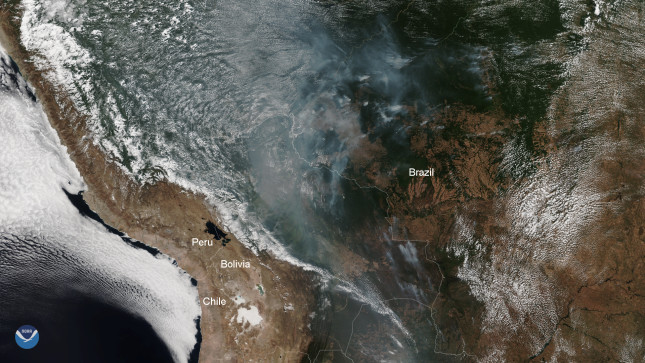
The Amazon endured the most intense fire season in almost a decade in August 2019. On August 19, smoke from the faraway fires blackened the skies over Sao Paulo. By the next day, the hashtag “#PrayforAmazonia” was sweeping across Twitter. The social media outcry brought world attention to the already dire scientific warnings, and world leaders offered aid and pressured Brazilian President Jair Bolsonaro to take action.
-
Gordon Mumbo on Water and Livelihoods in the Mara River Basin
›Friday Podcasts // Water Security for a Resilient World // Water Stories (Podcast Series) // November 15, 2019 // By Benjamin Dills“If you live in the developed world or in some urban centers, then the supply of water is guaranteed,” said Gordon Mumbo, team leader for Sustainable Water for the Mara River Basin, a project of Winrock International and USAID’s Sustainable Water Partnership, in this week’s Water Stories podcast. When you wake up, you expect water to flow from your tap. “If you don’t find it flowing, you get upset and will probably call the utility company.” But people living in the Mara River Basin don’t have that luxury. “They have to walk to the river to get water and bring it home,” said Mumbo.
-
Top 5 Posts for July 2019
›
In the top read post for July, Marisa O. Ensor offers the case for using “Positive Peace” as a framework for analyzing the resilience of countries and communities suffering from climate stress and resource challenges. The 2019 Global Peace Index, produced by the Institute for Economics and Peace, factors climate change into its assessments and finds that climate change and resource availability can create or exacerbate tensions, but they can also be a source for cooperation.
-
Top 5 Posts of May 2019
›
Sustainable solutions for Chinese communities featured in two of our top posts for May. In the top post, Karen Mancl digs into the soil quality of Chinese farmland. Conservation agriculture mixes ancient farming practices with new technology to reclaim and restore land disturbed by construction and intense industrial farming. Mancl features in our list again with her piece focusing on the potential of sand bioreactors to be an affordable, right-sized alternative to mechanical wastewater treatment plants for rural China villages.
-
Climate and Conflict: Where Environment, Ethnicity, and Socioeconomic Power Intersect
› As researchers investigate the connection between climate change and conflict, the relative power of communities and individuals attempting to cope with climate change has become a recurring theme. While climate change may not directly cause conflict, it may be inextricably woven into pre-existing conflicts of power, ethnicity, and economic interest.
As researchers investigate the connection between climate change and conflict, the relative power of communities and individuals attempting to cope with climate change has become a recurring theme. While climate change may not directly cause conflict, it may be inextricably woven into pre-existing conflicts of power, ethnicity, and economic interest. -
The Top Dot Mom Posts of 2018 from the Maternal Health Initiative
›
The five most read posts from the Wilson Center’s Maternal Health Initiative team illustrate how inextricably linked women’s health is to every other aspect of society. Our most popular posts cover maternal and child mortality, faith based engagement in family planning, maternal health in areas of conflict, family planning and the economy, the impacts of caregiving, and Cancer in India.
-
New Security Beat’s Biggest Stories of 2018
›
In 2018, our readers came to New Security Beat to understand how individuals and communities cope in the face of environmental uncertainty, particularly when the rule of law, natural resource management, and social services are lacking.
-
Top 5 Posts for November 2018
›
China is installing more renewable energy capacity than any other country in the world. At the same time, its energy market is so large that the coal power capacity it is installing is equal to the entire U.S. coal fleet and is supporting high polluting coal projects in developing countries. Evan Barnard reports on this dichotomy in November’s most read post.


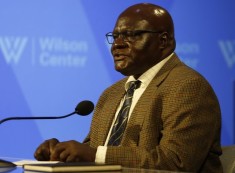 This article is part of ECSP’s
This article is part of ECSP’s 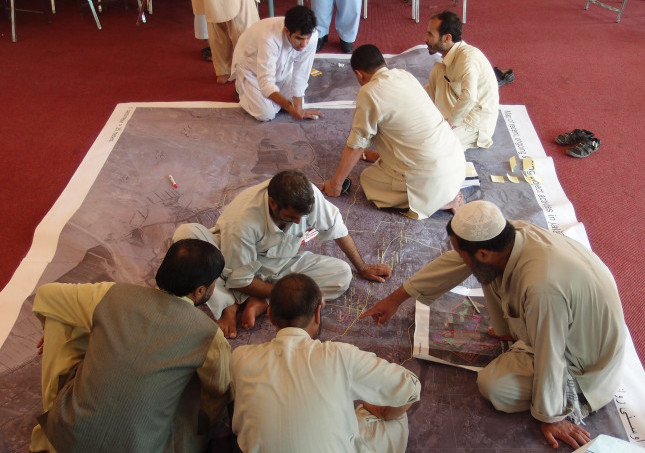
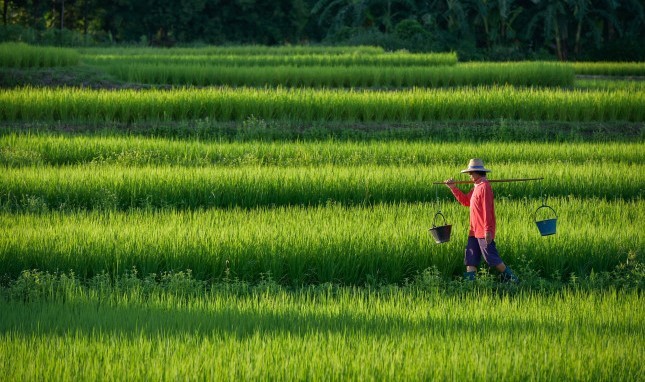
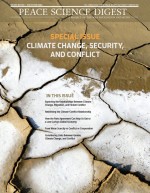 As researchers investigate the connection between climate change and conflict, the relative power of communities and individuals attempting to cope with climate change has become a recurring theme. While climate change may not directly cause conflict, it may be inextricably woven into pre-existing conflicts of power, ethnicity, and economic interest.
As researchers investigate the connection between climate change and conflict, the relative power of communities and individuals attempting to cope with climate change has become a recurring theme. While climate change may not directly cause conflict, it may be inextricably woven into pre-existing conflicts of power, ethnicity, and economic interest.